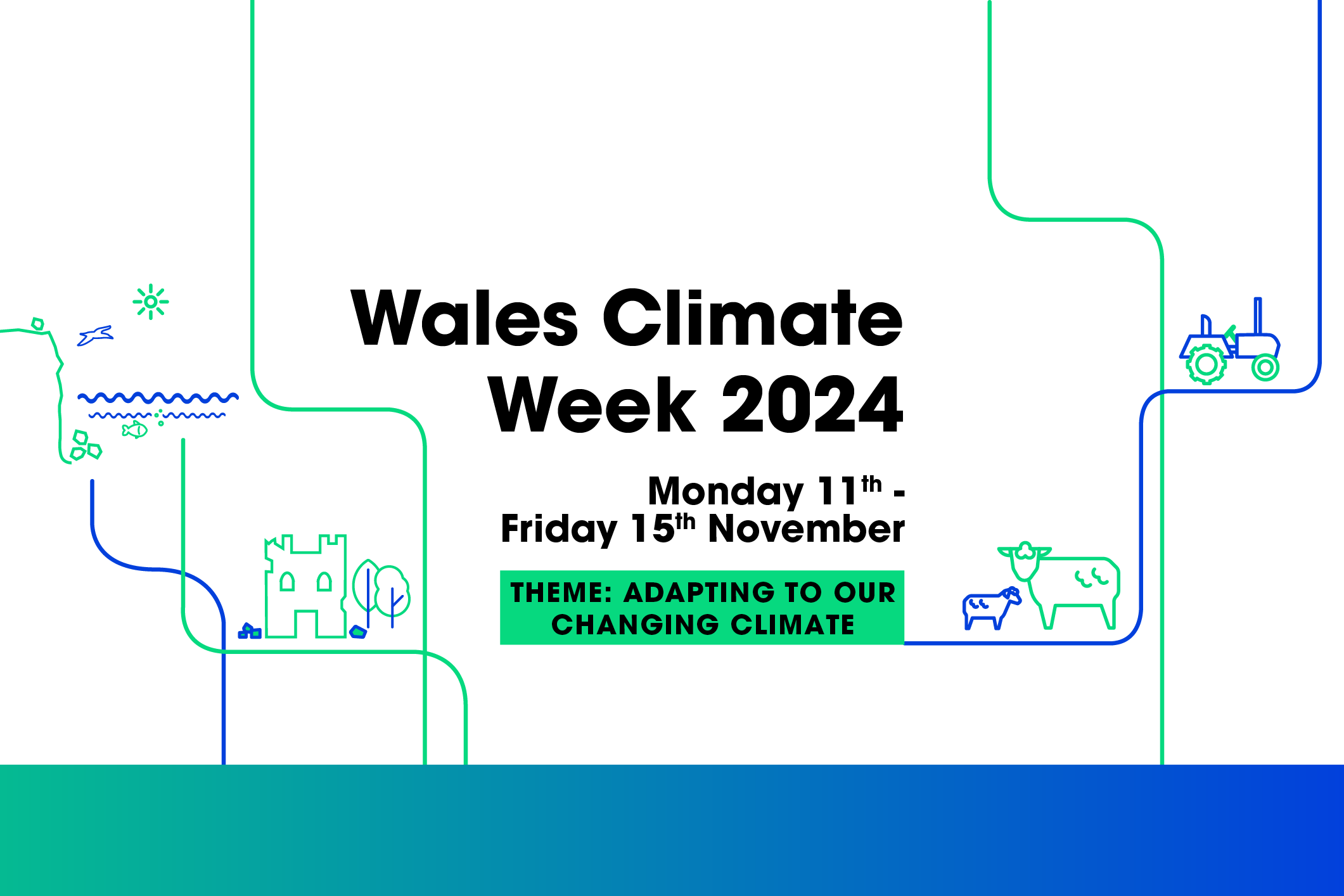
Tackling the climate challenge one initiative at a time
There’s always something about the beginning of September that feels a like a fresh start. Maybe it’s all the ‘back to school’ posts that have been dominating my social media feeds over the past week. Maybe it’s the increase in back to work traffic on the road combined with the decline in Out of Offices that I’m receiving. Whatever it is, there’s definitely a sense of it being a new term for all of us.
This ‘new leaf’ feeling has been magnified by the number of campaigns that are encouraging us to do things differently as far as the environment is concerned.
Kicking us off last week was Zero Waste Week (2-6 September). This is a grassroots campaign, which started in the UK in 2008 with 100 participants, and has since grown to millions of people taking part in more than 85 countries. The aim of the week is to raise awareness about the environmental impacts of waste and help us all reduce the consumption of non-recyclables.
One of the campaigns that really resonated with me, which was launched during the week, is the Welsh Government and Benthyg Cymru scheme “Don’t Buy It – Benthyg It”. The initiative encourages people to borrow what they need from one of the 25 ‘Libraries of Things’ across Wales. Since 2002, some 13,000 items have been borrowed – from DIY tools to musical instruments. As someone who is on a constant mission to reduce the amount of ‘stuff’ I have, it’s definitely on my list to try.
Hot on the heels of Zero Waste Week is Second Hand September. Originally launched by Oxfam, it encourages everyone to come together and choose to shop in a way that’s more friendly for the planet – and the pocket.
This is a great message to take on board, considering the shocking statistics involved in fashion and waste. According to a report by the European Parliament, the fashion industry is estimated to be responsible for 10% of global carbon emissions – more than international flights and maritime shipping combined, while it takes 2,700 litres of water to make a single cotton t-shirt – enough to meet one person’s drinking needs for 2.5 years.
Fronted by Cat Deeley, this year’s Second Hand September, is focusing on fashion’s impact on the planet’s water resources because, as Oxfam’s retail boss Lorna Fallon puts it: “We are drowning in fashion.”
Again, we can all play our part here by buying second-hand rather than new, looking at options such as clothes rentals or simply shopping our own wardrobe and making do and mend.
It is this approach to a circular economy that will be highlighted by the forthcoming Circular Economy Hotspot Cymru event, organised by the Welsh Government, from 7-9 October.
It is Wales’s turn to host this annual event, which first started in the Netherlands in 2016 and is hosted by different nations in Europe each year.
The Circular Economy Hotspot Cymru 2024, which we’re helping to organise at Freshwater, is an opportunity to showcase what we’ve achieved so far in Wales – including being recognised as number two in the world for recycling – and how we’re moving from a disposal to a more sustainable, circular society.
I’ve seen the agenda, and it’s packed full of fascinating speakers showcasing best practice and sharing ideas. I’d encourage anyone who is interested to register and get involved.
All of this is building, of course, towards Wales Climate Week, also organised by the Welsh Government, which will be held over five days from 11- 15 November. This annual event brings people together from across Wales to explore solutions for tackling and adapting to climate change.
Freshwater is again helping to facilitate this year’s Wales Climate Week. What’s particularly exciting is the Climate Conversations fund, which enables organisations to host local events to get people involved in climate change discussions. This is a fantastic opportunity to get stuck into the heart of the debate and, if you meet the eligibility criteria, I’d urge you to submit an application.
The one thing that all the great initiatives that I’ve touched upon highlight is that change doesn’t need to be complicated. There are lots of simple and practical things, which we can all do today, that can have a significant impact, and I’ll definitely be challenging myself to embrace as many of them as I can.
This article was written by our chief executive, Angharad Neagle, and featured in the Western Mail on 9 September 2024.
